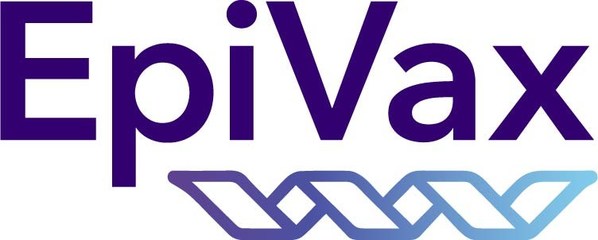In the era of smartphones, Deloitte predicts 1 billion smartphone users in India by 2026, with rural areas leading the charge.
This surge has transformed shopping habits, demanding quicker last-mile delivery. The focus is no longer on days but on minutes.
As major segments like D2C and B2B witness explosive growth, gig workers and tech innovations are at the forefront of delivering impeccable customer service.
How do gig workers build trust?
Gig workers are no longer just delivery agents; they’re customer experience champions.
Speedy delivery is crucial, but understanding and empathising with unique customer needs set gig workers apart.
From delivering essentials to the elderly with care to handling fragile items, these interactions build trust and loyalty.
India’s young and tech-savvy demographic, with a median age of 28, embraces digital solutions, reinforcing the role of technology in creating human connections.
Here’s how delivery drivers build strong customer relations:
Tech-powered personalisation – tech-enabled solutions empower delivery executives to speedily navigate last-mile deliveries.
Algorithms and data analytics predict delivery times, offer convenient windows, and customise options. By utilising customer data, gig workers make informed decisions tailored to individual preferences, transforming each delivery into a personalised experience.
Open communication – Transparency and responsiveness turn a simple delivery into a positive customer experience. Tech-enabled apps and chat options keep customers informed about updates, delays, or unforeseen circumstances.
It’s not just logistics; it’s empathetic interactions that leave lasting impressions, making customers return for more.
Building community and loyalty – Consistently exceptional service fosters a loyal customer base. Tech-enabled apps provide drivers with customer data, allowing personalization during deliveries.
Encouraging customer feedback and reviews creates a platform for positive interactions, building a community connected by shared experiences.
Sustainable fleet for satisfied customers – With the last-mile delivery market projected to grow by 77% by 2027, the demand for swift services is soaring.
Logistics companies embracing eco-friendly electric vehicles (EVs) reduce costs and contribute to environmental sustainability.
Gig workers adopting EVs and AI-enabled apps optimise delivery times, creating memorable interactions that go beyond delivering products — they make a difference in the customer’s journey.












